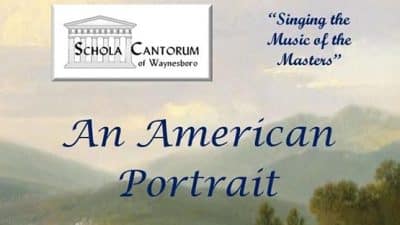
The award, which carries $2.5 million in funding for five years and is renewable for a second five-year period, will establish the Virginia Tech National Center for Earth and Environmental Nanotechnology Infrastructure.
University Distinguished Professor Michael Hochella, a professor of geosciences in the College of Science and an internationally recognized expert in earth and environmental nanoscience, will direct the new center.
The NNCI comprises 16 individual centers, each focusing on a specific area of nanotechnology, such as nanofabrication or nanoelectronics.
The network will serve outside users, offering colleges, universities, and companies around the world expertise and instrumentation for nanoscale characterization, fabrication, and analysis.
Many of the network’s centers are joint initiatives by several universities. Virginia Tech is one of only seven institutions in the network to have its own center.
Marina Vance, the associate director of the Virginia Tech Center for Sustainable Nanotechnology (VTSuN), will be the new center’s deputy director.
Other Virginia Tech faculty members participating in the center include Linsey Marr, Amy Pruden, and Peter Vikesland, professors of civil and environmental engineering; assistant professor of geosciences F. Marc Michel; associate professor of materials science and engineering Mitsu Murayama; and William Reynolds, a professor of materials science and engineering and the director of the Nanoscale Characterization and Fabrication Laboratory (NCFL).
Both Hochella and Michel are also members of the nanoscience faculty, organized under the Academy of Integrated Science in the College of Science.
“Getting to this point of prominence has taken a long time and an enormous collective effort involving the Institute for Critical Technology and Applied Science, the colleges of Science and Engineering, and the departments of geoscience, civil and environmental engineering, and materials science and engineering,” Hochella said.
NNCI funding will help provide the staff and materials necessary for VTSuN and the Nanoscale Characterization and Fabrication Laboratory to serve additional outside users. Some funding is also earmarked for outreach, including the establishment of a summer research program for minority students interested in nanoscience.
“The NCFL and VTSuN are two of the flagship initiatives of ICTAS,” said Roop Mahajan, the executive director of the Institute for Critical Technology and Applied Science and the Lewis A. Hester Chair professor of engineering. “The prestigious NNCI award, made possible by these strong programs and the stellar leadership of Michael Hochella and Bill Reynolds, will help advance the seminal research conducted under the auspices of VTSuN, expand the network of external users to NCFL, and establish Virginia Tech as a major player in the important field of nanotechnology and sustainable environment. We, at ICTAS, are proud to have been a key partner in this venture.”
The new network, which will be officially established on Oct. 1, replaces the National Nanotechnology Infrastructure Network. This is the first time that Virginia Tech has been involved in the network — and the first time that earth and environmental nanoscience will be represented.
Earth and environmental nanoscience research focuses on the interactions of nanomaterials the soil, water, air, and biological systems. Understanding those influences, scientists believe, is critical to maintaining a healthy environment.










